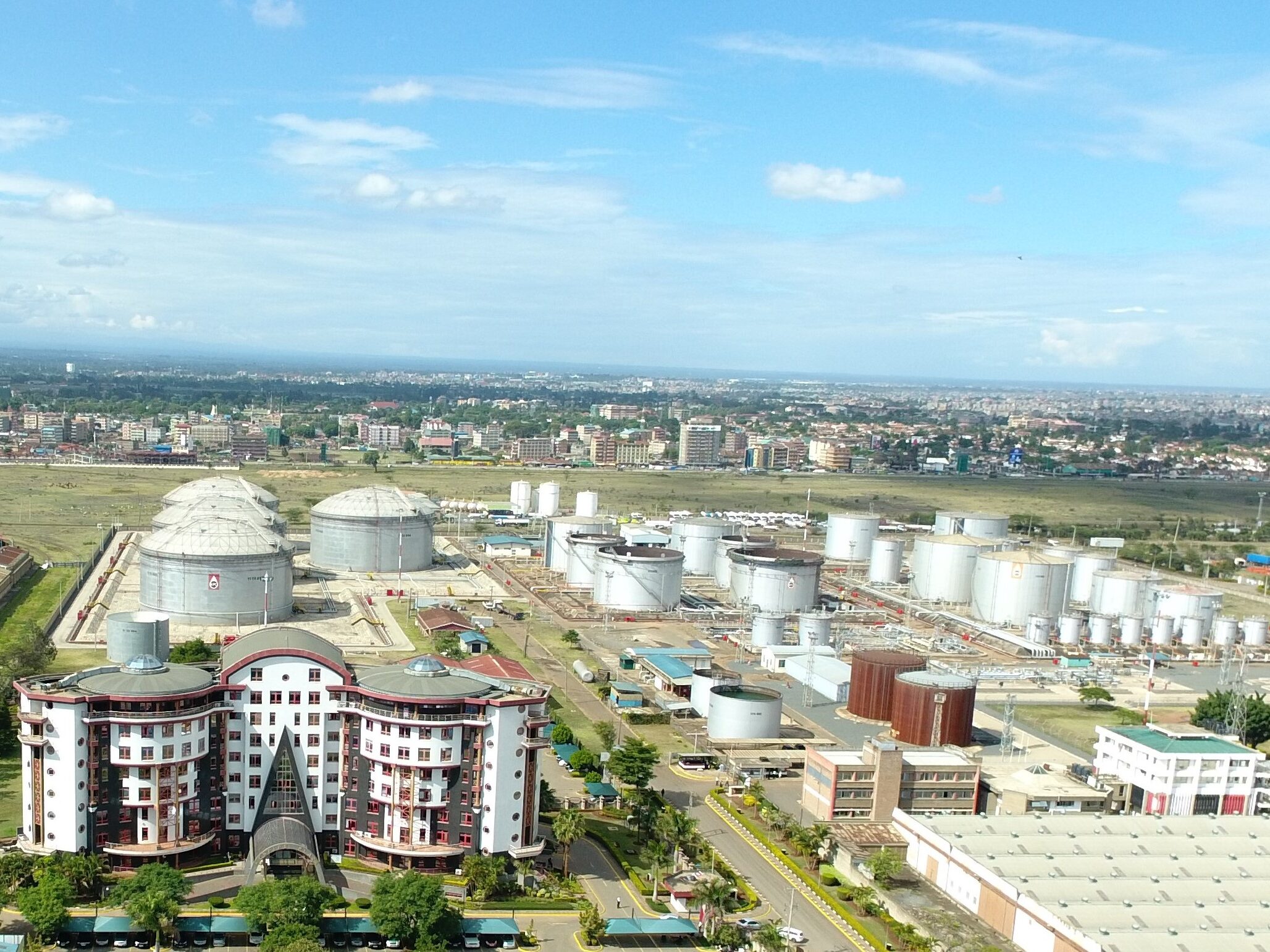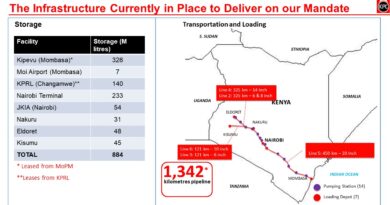Kenya to extend oil pipeline from Eldoret to Uganda border

Kenya is planning to extend the oil pipeline that currently ends at Eldoret to Malaba, a small town on the border with Uganda.
This decision has been revealed by the Energy and Petroleum Regulatory Authority (EPRA) in its latest statistics report for the energy and petroleum sector covering the financial year 2023/24.
“There are plans to extend the Western Kenya pipeline loop to the Malaba border post, and eventually connect to Kampala, Uganda and Kigali, Rwanda. The pivotal Eastern segment of the pipeline network will see expansion beyond the year 2031, when the demand from local and regional economies is projected to outstrip the supply network,” said EPRA.
The Kenya Pipeline Company (KPC), a fully State-owned company, owns and operates all the pipeline network across the country totaling 1,342km.
The main pipeline runs from Mombasa to nairobi over a distance of 450km and is dubbed Line 5. It has a diameter of 20 inches and was commissioned in June 2018. The new pipeline was built to replace the 14-inch pipeline that was completed in 1978 owing to increased demand for petroleum products across the region.
In 2011, KPC commissioned a 325km 14-inch pipeline that runs from Nairobi to Eldoret while another 121km 10-inch line from Sinendet to Kisumu was commissioned in 2016. The two pipelines run parallel to old lines with diameters measuring 8 inches and 6 inches respectively.
Currently, truckers load the fuel from the Eloret depot and transport it via road to Uganda. The prospect of extending the pipeline to Malaba will affect the thousands of truckers that transport the product from Eldoret to the regional market and businesses that have are supported by the trade in the area.
Uganda, which is a landlocked country, also imports fuel from Kenya via Lake Victoria. The Kisumu jetty, built at an estimated cost of Ksh1.7 billion, became operational at the beginning of last year.
The extended pipeline will however be a boost to Uganda as it will make fuel importation cheaper. It is cheaper to import fuel through the pipeline compared to road trucks. Uganda, whose monthly fuel demand stands at about 5.4 billion liters, imports about 90% of its fuel through Kenya.
The remainder is imported through Tanzania.
info@theenergyreview.com
Discover more from THE ENERGY REVIEW
Subscribe to get the latest posts sent to your email.


